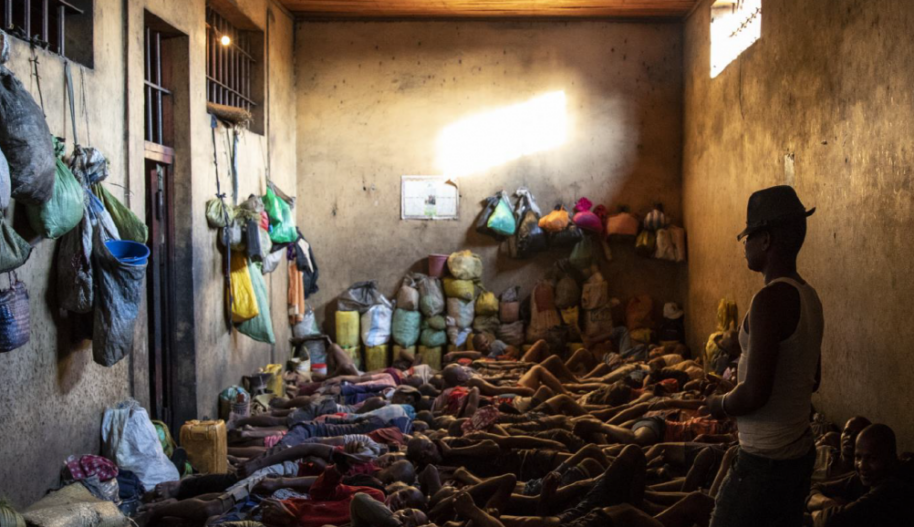The next president of Madagascar, Andry Rajoelina, must tackle historic human rights violations, including excessive use of pretrial detention and arbitrary detentions of human rights defenders, Amnesty International said ahead of his inauguration tomorrow.
In recent years there has been a spike in human rights violations in the island nation. Thousands of people are held in unjustified and prolonged pre-trial detention, while environmental rights defenders have been targeted simply for working to protect the country’s natural resources, such as rosewood.
Rajoelina was declared the president-elect of Madagascar after the second round of presidential elections on 19 December 2018.
“The human rights situation has been deteriorating in Madagascar in recent years. For example, environmental activists have been jailed and harassed for speaking out against the alleged illegal trafficking of rosewood and environmental degradation caused by multinational corporations,” said Deprose Muchena, Amnesty International’s Regional Director for Southern Africa.
“Suspects in various crimes, including petty offences such as stealing a chicken, are languishing in jail without having been convicted of any crime, due to the government’s practice of excessive pre-trial detention.”
Excessive pretrial detention
In its 2018 report, Amnesty International documented how pre-trial detention is used excessively and abusively, including for petty offences which did not justify being locked up.
Prisons are severely overcrowded and both pre-trial detainees and those who have been convicted and sentenced, are held together in inhumane conditions with no access to adequate food, clean water, hygiene and healthcare.
The report revealed that in 2017 alone, 52 out of the 129 detainees who died in Madagascar’s prisons were on pre-trial detention. The criminal justice system remains extremely weak and under-resourced.
Targeting of human rights defenders and activists
Human rights defenders, particularly environmental activists who have spoken out against illegal trafficking or the exploitation of natural resources continue to be harassed, intimidated and arbitrarily detained simply for their human rights work.
Clovis Razafimalala spent almost a year in jail between 2016 and 2017 on politically motivated charges for his work on the environment. He has denounced the illegal trafficking of rosewood and other timber as part of his role as the Coordinator of the Maroantsetra Lampogno coalition, a group fighting against illegal trafficking of natural resources.
Another environmental activist, Christopher Manenjika, was handed an absurd US$8 fine in June – on fabricated charges – for collecting information on cases of corruption, illegal trafficking of rosewood and mining exploitation.
Criminalizing of abortion
Under the country’s law, abortion remains criminalized in all circumstances under Article 317 of the Penal Code inherited from the French colonial period, putting thousands of girls and women’s lives at risk. This is despite commitments made by the government to make it a minor offence not punishable by prison sentences in 2017.
“The president-elect, Andry Rajoelina, has a golden opportunity to ensure the building of a human-rights respecting Madagascar,” said Deprose Muchena.
“His government must ensure protection of the rights of human rights defenders, including their right to freedom of expression, as well as the right to peaceful protest. Pre-trial detainees whose detention is unjustified must be freed, along with those facing long jail terms for petty and non-violent crimes.”
For more information or to request an interview, please contact:
Lucy Scholey, Amnesty International Canada (English): + 613-744-7667 ext. 236; lscholey@amnesty.ca













